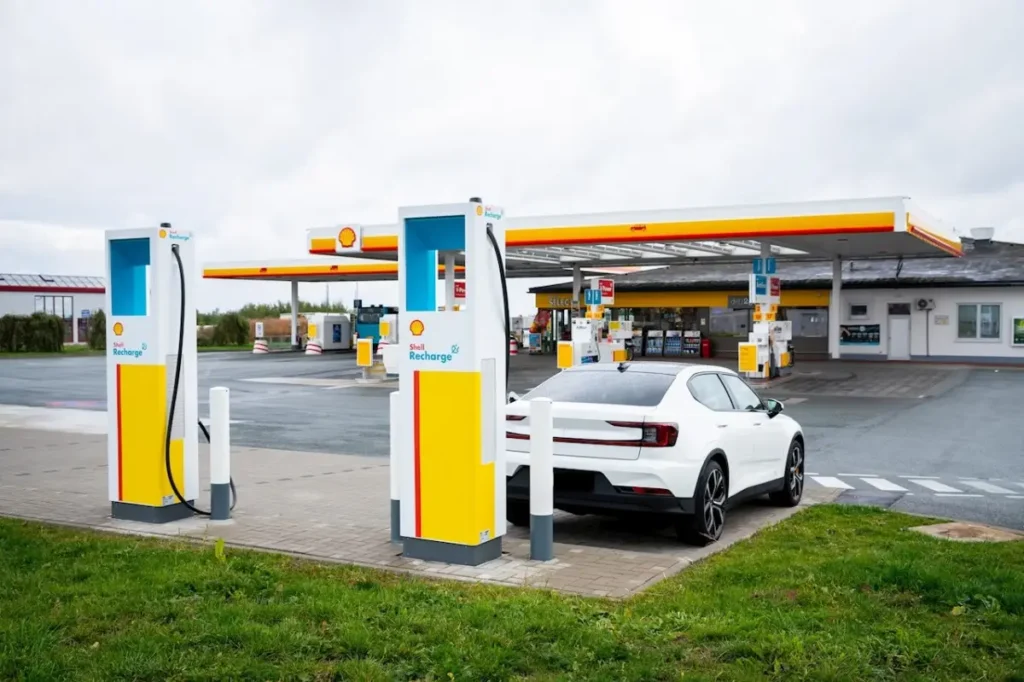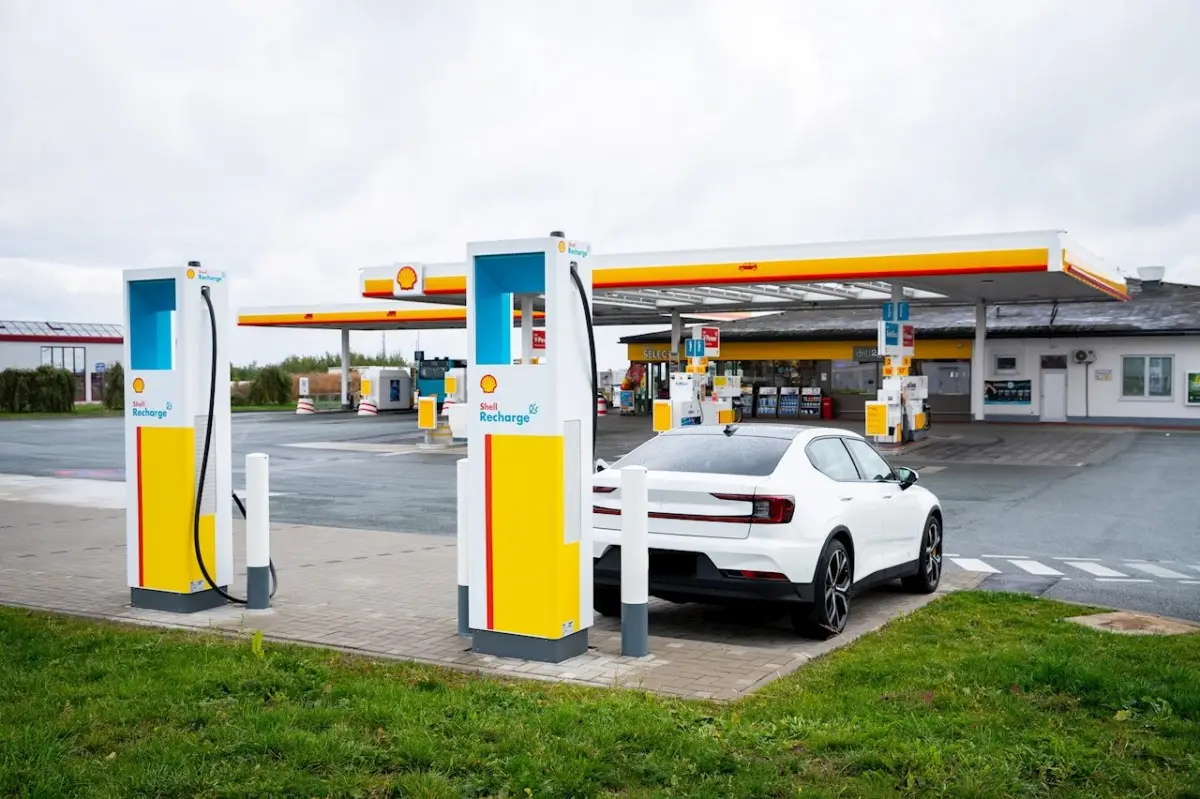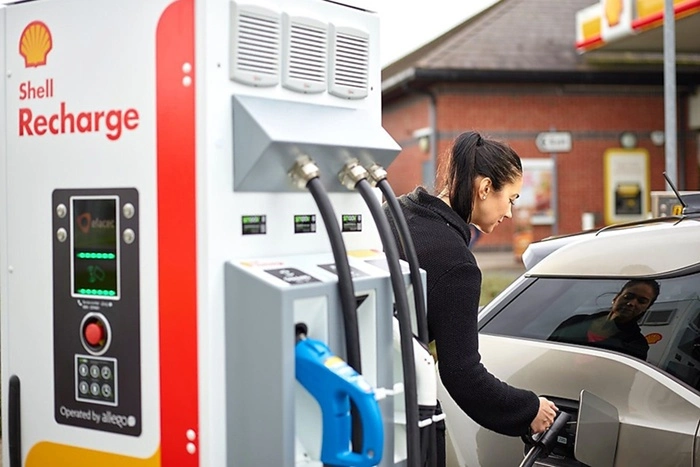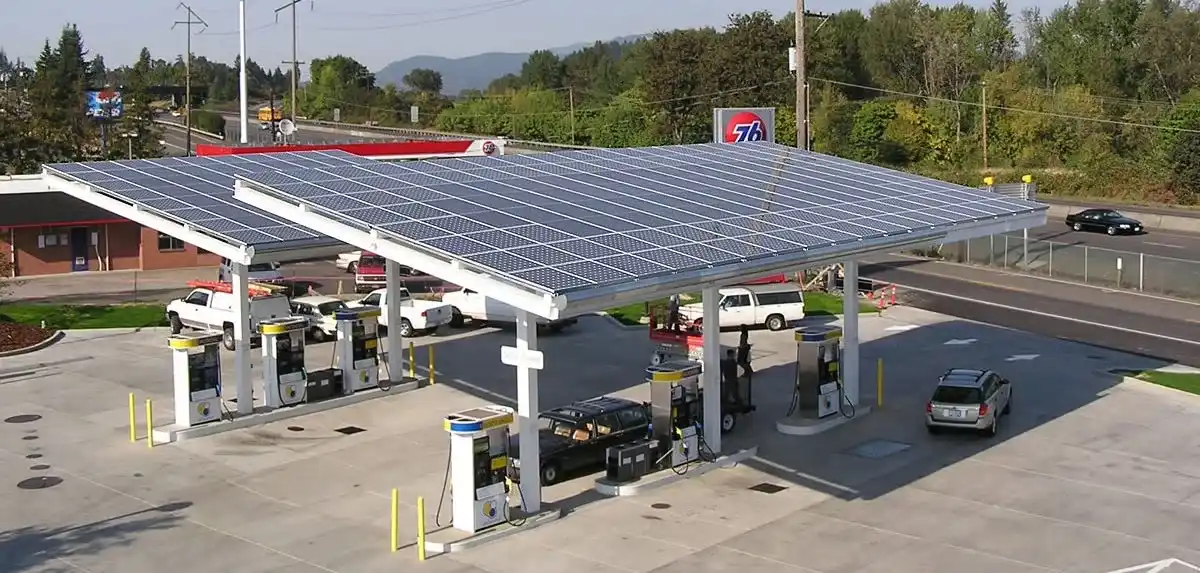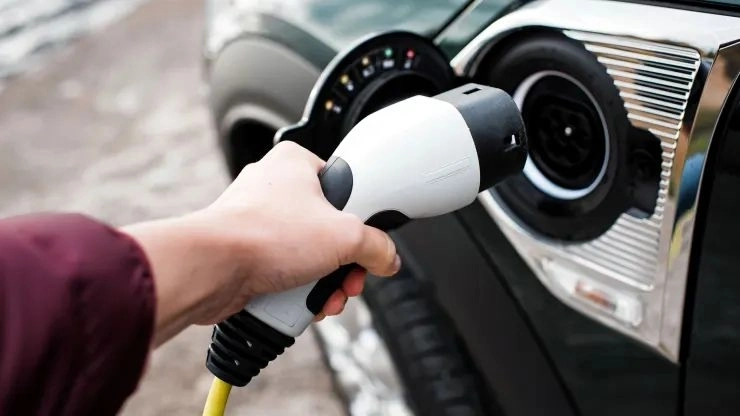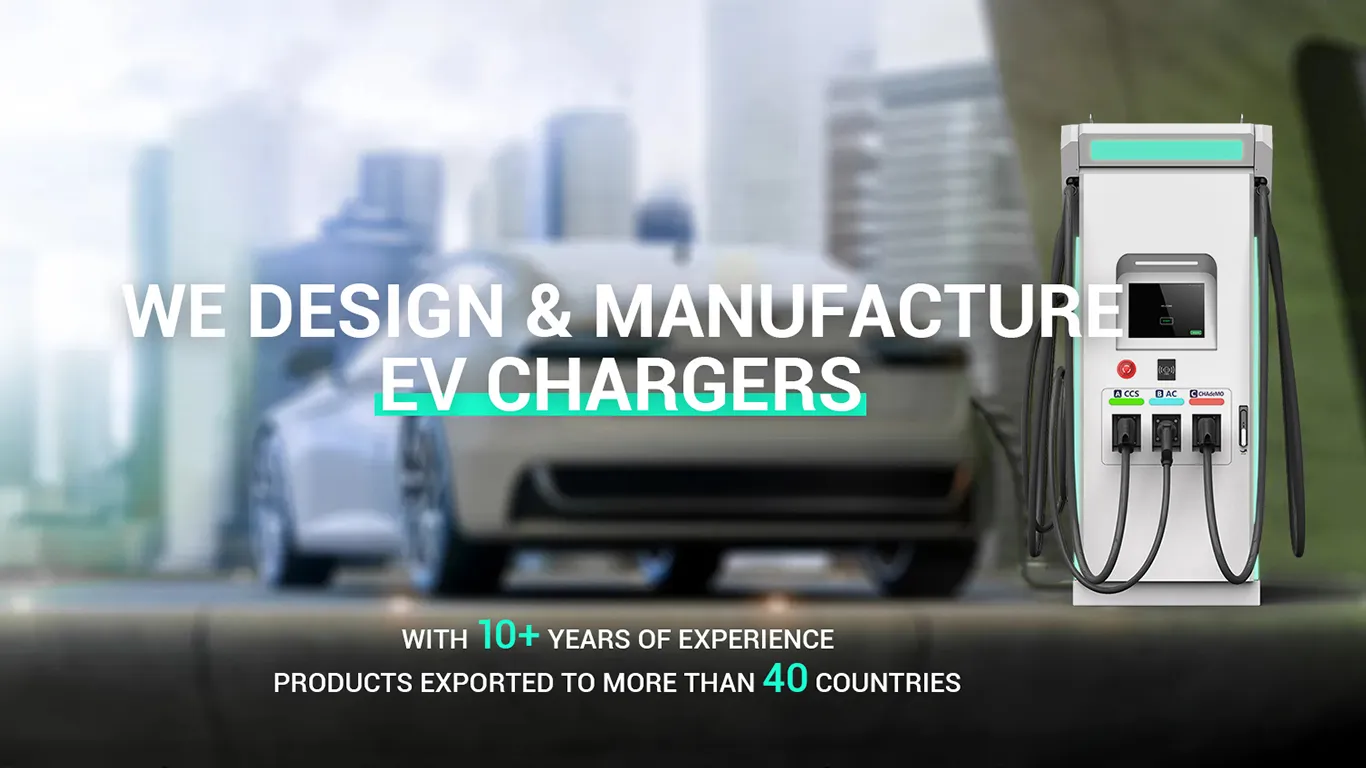HOSTON ENERGY
17, October, 2023
——Some gas stations are adding charging stations to adapt to the electric vehicle (EV) trend
——Many gas station owners predict the trend and future of EV charging
——Many national utilities encourage businesses to buy and install fast EV chargers
——Charging stations can be integrated with traditional industries
According to the Boston Consulting Group (BCG), a consulting firm, the trend of sharp reductions in the number of gas stations will continue. Without major business model changes, at least a quarter of the world’s gas stations are at risk of closure by 2035.
EV Charging Business Appears at Gas Stations
For the most part, gas stations are not abandoning traditional gas dispensers.
But some places, including RS Automotive in Takoma Park, Maryland, and a Shell station in Fulham, England, have completely changed that approach.
“How to build a charging station business on active sites is complex and challenging,” said Neha Palmer, CEO of TeraWatt Infrastructure, which is developing a network of EV charging centers for fleets in California, Arizona and New Mexico. . “How do you differentiate between gas stations when you have vehicles that may need to be refueled there?”
They Understand the Future of the EV Charging Business
Places such as office buildings, hospitals and hotels often offer slower charging options because people often stay for hours at a time. However, gas stations are investing in Level 3 chargers, which are more powerful and can fully charge a car in 20 to 30 minutes.
Seth Cutler, chief operating officer of EV Connect, said that considering ongoing operating costs such as electricity, fast charging stations often charge higher fees, and an EV charging business can be a very profitable investment.
Big oil concessionaires and car dealers are also getting in on the action, and adding EV chargers is both a defensive and offensive move for the big oil companies.
Shubhendra Anand, vice president of research and strategy at Market Research Future, said the number of traditional gas stations has declined dramatically over the past 30 years and this trend is expected to continue in the coming years.
Policy Support to Reduce Costs
The Biden administration’s stated goal is to have 500,000 EV chargers nationwide by 2030, with electric vehicles accounting for at least 50% of new car sales.
According to current government estimates, there are more than 3 million EVs in the country and more than 130,000 public chargers.
The cost of fast-charging hardware and software ranges from $50,000 for a single charger to $500,000 for multiple fast-chargers and chargers, said Michael Hughes, chief revenue officer at technology company ChargePoint Holdings. Meanwhile, the cost of infrastructure, including breaking ground, running electricity, permits and contractors, is typically about twice that cost, he said.
Federal, state and utility companies offer many incentives for commercial businesses to start EV charging businesses. These include the U.S. Department of Transportation’s Federal Highway Administration NEVI formula program, which provides generous funding to states to strategically deploy EV charging stations.
Exploration of Integration Model of EV Charging Business Model
Gas stations along major highways between high-traffic destinations are ideal locations for EV charging businesses. Hughes said these locations tend to have a variety of amenities, providing people with entertainment, food service and opportunities to charge their cars.
Convenience store operators that double as gas stations, such as Sheetz, Wawa, Royal Farms and Buc-ee’s, are also starting to add EV chargers at some locations, said Albert Gore, executive director of the Zero Emission Transportation Association, a federal coalition that advocates for electric vehicles. He is a former executive at Tesla and SolarCity.
While gas stations may have a first-mover advantage, some owners are taking their time, such as Blake Smith, founder of gas station and convenience store operator SQRL Holdings. His company operates more than 150 convenience store gas stations and provides charging services at select locations in Florida. By comparison, the company has yet to install any EV charging stations in Arkansas. “We are not trying to exclude gasoline vehicles, but we are focusing on building electric vehicle facilities,” he said.
Gas station owners have realized the necessity of transformation and upgrading; the government encourages enterprises to build charging stations; charging stations can be integrated with the previous business model. It is obvious that the future is the rise of EV charging business market.
If you’re an operator in an industry and it’s time to consider adding charging stations to your operation, contact us and let us help you integrate into the future.

